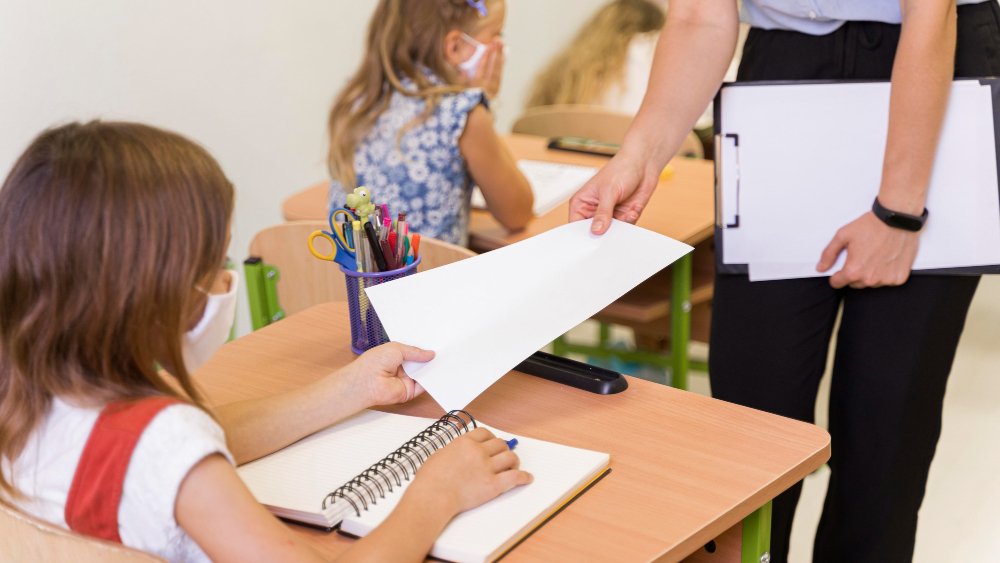
The question of whether teachers can take students’ phones is significant as it relates to the boundaries and policies surrounding electronic devices in schools. Understanding the rights and responsibilities of both teachers and students in this regard is essential for maintaining a productive and respectful learning environment.
Can Teachers Take Your Phone?
In today’s digital age, electronic devices like smartphones have become ubiquitous among students. This raises concerns about their impact on classroom dynamics, potential distractions, and student engagement. Establishing clear boundaries and policies regarding phone usage helps strike a balance between educational needs and students’ personal rights.
School Policies and Guidelines

School Policies Regarding Electronic Devices
The Rationale Behind These Policies
Variation In Policies Across Different Schools And Jurisdictions
Authority and Rights of Teachers

The Authority Of Teachers In Managing The Classroom Environment
Balancing Discipline And Student Rights
Legal Considerations Related To Teachers' Actions
Student Rights and Privacy

The Students' Rights In Relation To Personal Belongings
Privacy Considerations Related To Electronic Devices
Student Rights To Privacy And Protection Of Personal Data
When Can Teachers Look Through Your Phone?
Teachers' ability to look through a student's phone is a complex issue that depends on various factors, including legal regulations, school policies, and specific circumstances. While laws and policies may differ across jurisdictions and educational institutions, there are some common scenarios where teachers may have the authority to access or search a student's phone:
School policies
Suspicion of Policy Violation
Safety Concerns
Emergency Situations
Consent
Exceptions and Limitations
Instances Where Teachers May Have The Authority To Confiscate Or Restrict Phone Usage
Safety Concerns And Emergency Situations
Distractions And Disruptions In The Learning Environment
Collaborative Approaches and Alternatives
Promoting Responsible Phone Usage And Digital Citizenship
Implementing Cell Phone Usage Policies That Balance Educational And Personal Needs
Utilizing Technology For Educational Purposes
Communication and Parental Involvement
Importance Of Open Communication Between Teachers, Students, And Parents
Involving Parents In Discussions Regarding Electronic Device Policies
Collaborative Approaches To Address Concerns And Find Common Ground
Conclusion: Teachers can take students' phones
The discussion on whether teachers can take students’ phones highlights the complexities and considerations surrounding electronic device usage in schools. Balancing the need for a focused learning environment with respecting student rights and privacy is crucial.
Clear policies and guidelines regarding electronic devices, combined with respect for student rights and privacy, are essential for maintaining a productive and respectful learning environment. Promoting responsible phone usage, digital citizenship, and leveraging technology for educational purposes can lead to a positive learning environment. By finding a balance between educational needs and personal rights, schools can ensure that students benefit from technology while maintaining focus, engagement, and respect within the classroom.